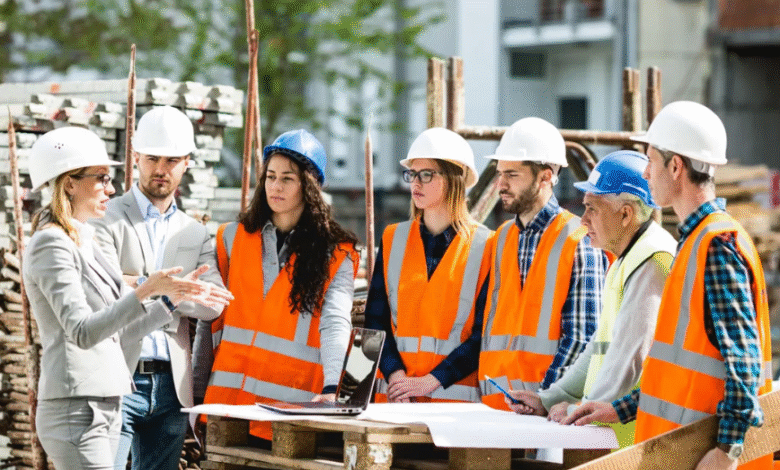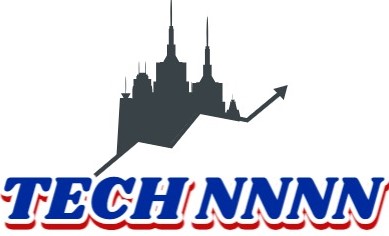How to Improve Building Safety with Modern Insulation Systems

Introduction
In today’s construction industry, building safety and efficiency are more important than ever. From residential developments to large-scale industrial projects, modern insulation systems play a vital role in ensuring fire resistance, energy conservation, and sound control. In Spain—especially in regions such as Valencia—builders are increasingly relying on specialized fireproofing companies in Valencia to provide reliable and certified insulation services that meet both national and European standards.
Proper insulation not only enhances comfort but also protects lives and property. Whether it’s improving energy efficiency through thermal insulation, reducing noise with acoustic barriers, or strengthening fire resistance in commercial spaces, insulation is a cornerstone of responsible construction.
1. Understanding the Role of Insulation in Modern Construction
Insulation is a multifunctional system that supports safety, comfort, and sustainability. Modern buildings incorporate three key types of insulation:
Thermal Insulation: Helps maintain stable indoor temperatures year-round, reducing the need for heating and cooling systems.
Acoustic Insulation: Blocks or absorbs sound waves to minimize noise transfer and create more peaceful environments.
Fireproof Insulation: Delays or prevents the spread of flames, giving occupants crucial time to evacuate safely.
Each of these systems works together to improve energy efficiency, meet Spanish building codes, and support environmental goals set by the European Union.
2. The Importance of Fireproofing in Building Safety
Fireproofing—known in Spanish as ignifugación—is a critical element in construction safety. It involves applying protective coatings or using resistant materials to protect structures from fire damage. This process is especially important in industrial areas and public buildings, where fire risks are higher.
In Valencia, professional fireproofing companies ensure all installations comply with the Código Técnico de la Edificación (CTE) and other European fire protection standards. Properly applied fireproofing materials can prevent structural collapse, reduce property loss, and save lives. For developers and building owners, investing in professional fireproofing is both a legal requirement and a smart safety strategy.
3. Acoustic Insulation: Enhancing Comfort and Productivity
Noise pollution is a growing problem in urban environments. Acoustic insulation helps create comfortable and productive spaces by reducing unwanted sound transmission. In residential buildings, it ensures quiet living conditions; in offices and commercial spaces, it promotes focus and well-being.
Common materials for soundproofing include mineral wool, acoustic foam panels, and layered drywall systems. These materials absorb sound vibrations and prevent echoes, resulting in better acoustics and privacy. In Spain, acoustic insulation must meet the DB HR standards of the CTE to guarantee effective sound reduction and compliance.
4. Thermal Insulation and Energy Efficiency
Thermal insulation plays a major role in achieving energy efficiency, especially in Spain’s warm Mediterranean climate. By keeping indoor spaces cool in summer and warm in winter, it reduces energy consumption and lowers electricity bills.
Materials like fiberglass, polyurethane foam, and reflective barriers are commonly used for this purpose. High-quality thermal insulation can cut energy losses by up to 30%, directly contributing to the energy efficiency certification (Certificado de Eficiencia Energética) required for buildings in Spain.
Beyond cost savings, well-insulated buildings help reduce carbon emissions and support Spain’s National Energy and Climate Plan (PNIEC) for a greener future.
5. The Power of Combined Insulation Systems
An integrated insulation strategy—combining fireproof, acoustic, and thermal elements—offers maximum protection and performance. By addressing all three areas from the design stage, builders can ensure that each system complements the others.
For example:
Fireproof coatings can be used alongside acoustic panels in walls and ceilings.
Thermal barriers can improve energy efficiency while maintaining quiet environments.
Industrial facilities can combine heat-resistant and fire-retardant materials for maximum safety.
This holistic approach delivers higher comfort, lower operational costs, and greater building longevity.
See also: You Don’t Need Hours at the Gym — Short, Daily Workouts Are Enough
6. Meeting Spanish and European Regulations
Spain’s construction sector follows strict building regulations under the Código Técnico de la Edificación (CTE). These rules govern everything from fire safety to acoustic performance and thermal efficiency. Compliance ensures that buildings meet essential safety and sustainability standards.
Hiring professional insulation specialists ensures full regulatory compliance. Certified installers understand the technical and legal requirements of each system, helping property owners avoid costly mistakes and ensuring long-term reliability.
7. Technological Advances in Insulation
Insulation technology has evolved dramatically in recent years. Builders now have access to a wide range of innovative materials and systems that improve both safety and sustainability:
Eco-friendly materials made from recycled fibers or natural minerals.
Intumescent paints that expand under heat to protect structural elements from fire.
Advanced acoustic panels that combine noise absorption with modern aesthetics.
Spray foam systems that provide seamless coverage and superior air sealing.
These innovations support sustainable building practices and meet the growing demand for energy-efficient, low-impact construction methods.
8. The Importance of Professional Installation
Even the best insulation materials can underperform if they are not installed correctly. Proper installation is crucial to achieving optimal thermal, acoustic, and fireproof performance. Errors such as gaps, uneven application, or poor sealing can reduce effectiveness and compromise safety.
That’s why it’s important to rely on professional contractors with experience in insulation and fireproofing. Qualified companies in Valencia use certified materials, follow precise installation standards, and perform rigorous quality checks to ensure long-lasting results.
9. Benefits of Investing in Professional Insulation
Professional insulation services offer numerous benefits for both residential and commercial property owners:
Enhanced fire protection that safeguards lives and assets.
Improved acoustic comfort for quieter, more peaceful spaces.
Lower energy consumption and reduced utility costs.
Higher property value due to better energy efficiency ratings.
Compliance assurance with all Spanish and EU building standards.
These advantages make professional insulation a valuable investment that enhances safety, comfort, and property longevity.
Conclusion
As Spain continues to prioritize sustainable and safe building practices, insulation plays a central role in achieving these goals. Modern insulation systems—covering fireproofing, soundproofing, and thermal regulation—ensure that buildings remain efficient, comfortable, and compliant for decades to come.
Whether you’re developing a new project or upgrading an existing structure, partnering with experienced professionals ensures high-quality results. For expert services tailored to your building’s needs, consider reaching out to trusted fireproofing and insulation specialists in Valencia who can deliver certified, long-lasting protection and peace of mind.




